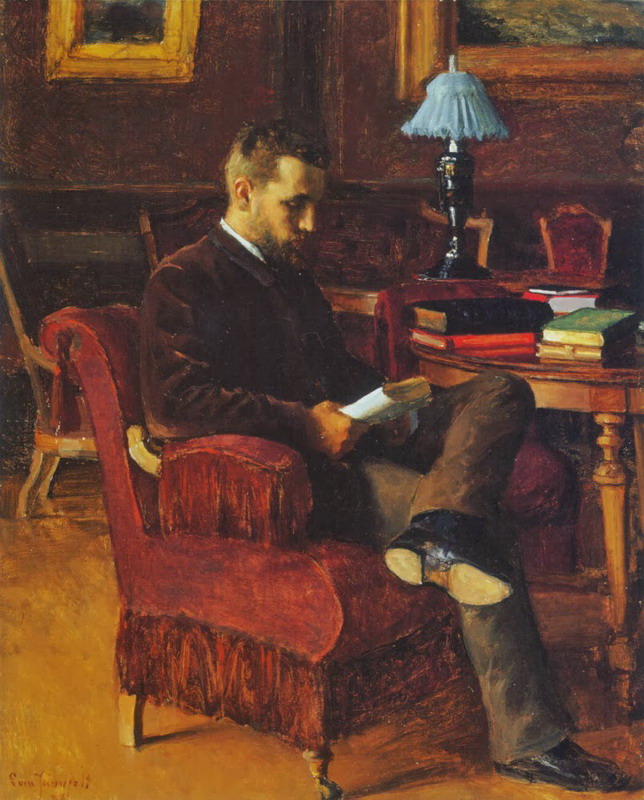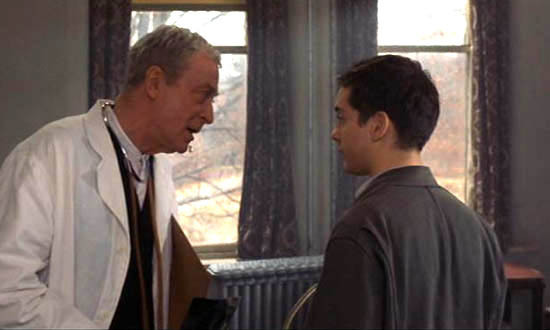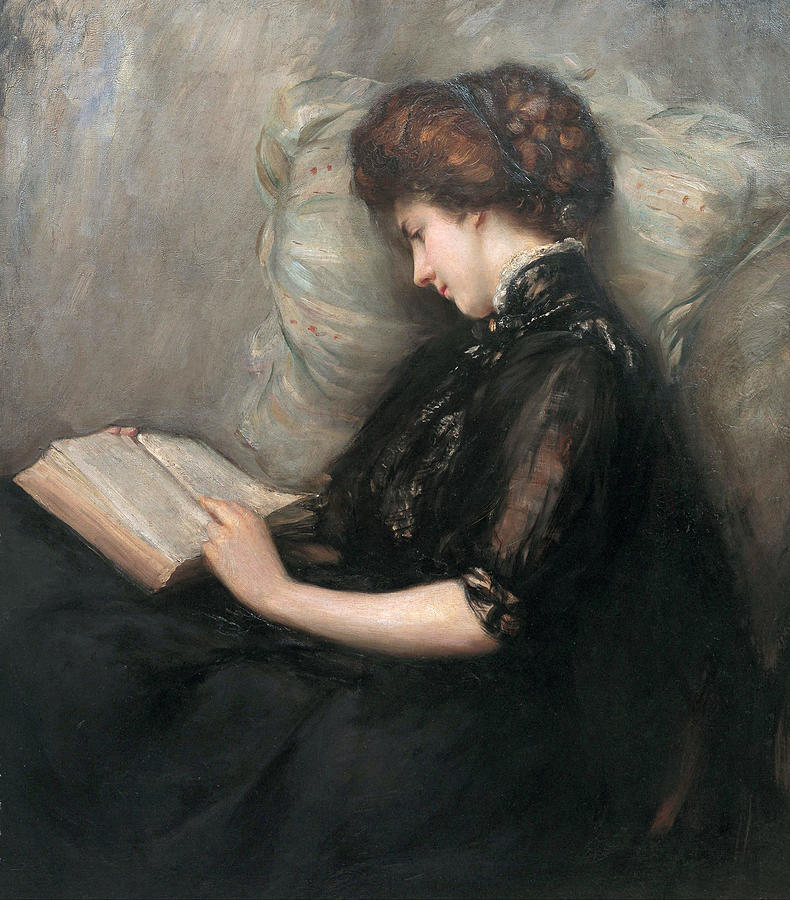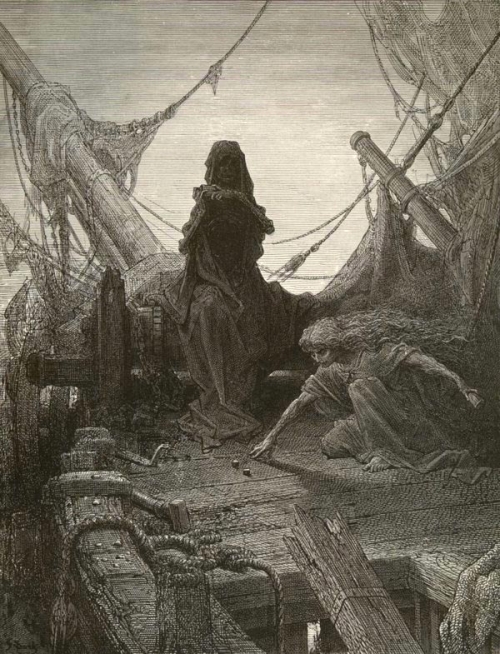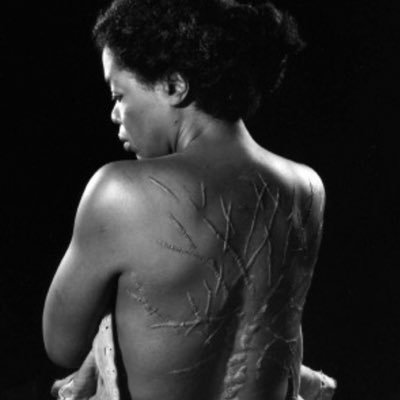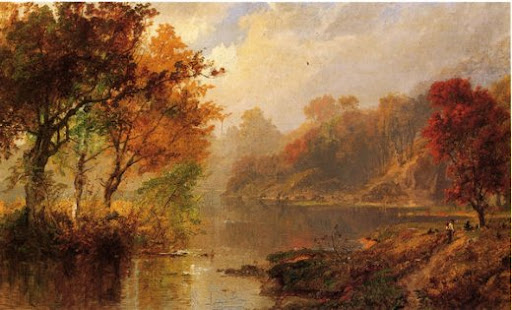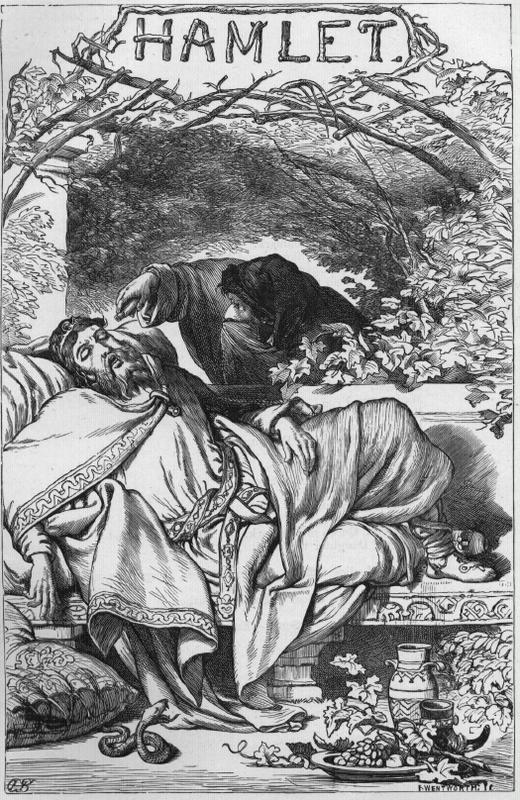Wednesday
My friend Rebecca Adams alerted me to an American Scholar article in which a retired English professor, James A. W. Heffernan, makes a compelling case for the humanities: without literature, he contends, we lose touch with our humanity.
The article begins with the latest alarming stats on literature majors:
The Summer 2021 newsletter of the Modern Language Association reports a troubling statistic about American colleges and universities: from 2009 to 2019, the percentage of bachelor’s degrees awarded in modern languages and literature has plunged by 29 percent. “Where Have All the Majors Gone?” asks the article.
Then Heffernan asks a question very much in the spirit of this blog:
But here’s a more pragmatic question: what sort of dividends does the study of literature pay, out there in the real world?
Is literature the ideal major for future entrepreneurs? Heffernan considers the question and decides no. On the plus side, he says, there are the 15 different perspectives that one encounters in Faulkner’s As I Lay Dying, which theoretically prepares one to
develop the kind of adaptability that it takes to succeed in business, where the budding entrepreneur must learn how to satisfy customers with various needs and where he or she must also be ever ready to adapt to changing needs and changing times.
Heffernan, however, then counters,
If all you want is entrepreneurial adaptability, you can probably gain it much more efficiently by going to business school. You don’t need a novel by Faulkner—or anyone else.
I’m going to disagree with Heffernan here. My eldest son, who majored in Theatre, is very entrepreneurial, even though he has never taken a business course. Darien is in charge of all internal and external communications for a thriving company, and a major part of his job is figuring out what other people need and how to mediate between different departments to get the best out of everyone. When he was acting in college productions, he wasn’t thinking that this is how he would put his major to use, but he now reports that he uses his theatre training every day at work.
I also reject Heffernan’s next argument, which which is that majoring in literature makes you a better writer. Again, he first gives a pro answer before following it up with a con. Here’s the argument for:
To study literature is not just to see the rules of grammar at work but to discover such things as the symmetry of parallel structure and the concentrated burst of metaphor: two prime instruments of organization. Henry Adams once wrote that “nothing in education is more astonishing than the amount of ignorance it accumulates in the form of inert facts.” Literature shows us how to animate facts, and still more how to make them cooperate, to work and dance together toward revelation.
Now the con:
Yet literature can be highly complex. Given its complexity, given all the ways in which poems, plays, and novels resist as well as provoke our desire to know what they mean, the study of literature once again invites the charge of inefficiency. If you just want to know how to make the written word get you a job, make you a sale, or charm a venture capitalist, you don’t need to study the gnomic verses of Emily Dickinson or the intricate ironies of Jonathan Swift. All you need is a good textbook on writing and plenty of practice.
I take even stronger exception to this than I did to the first point and use my own life as an example. My first fulltime job following graduation was as a journalist for a small-town newspaper. I started behind where I would have been had I majored in journalism. But having seen many different forms of writing in my history major and English minor, I learned very quickly the style I needed for this one. In very short order, I was writing 10-20 articles a week. Indeed, my whole life has involved adapting to new writing challenges, including composing a daily blog.
Heffernan next mentions literature teaching us “moral lessons” (argument for) but asks what kind of moral can be extracted from the death of Cordelia in King Lear (argument against). Having made the point, however, he then goes on to argue that literature helps us hold on to our humanity when we are at risk of losing it.
His case is that, because literature captures humans in all their complexity, it can both offer us a refuge from the world’s inhumanity and help us confront it, often in complex and contradictory ways. This is a view I endorse wholeheartedly. Here he is making his argument:
As a refuge from such horrors, literature can offer us visions or at least glimpses of beauty, harmony, and love. They are part of what Seamus Heaney called “the redress of poetry”—compensation for the misery, cruelty, and brutality that human beings ceaselessly inflict on one another. But literature at its most powerful is never just a balloon ride to fantasy, a trip to the moon on gossamer wings. Rather than taking flight from our inhumanity, great literature confronts it even while somehow keeping alive its faith in our humanity. What is the moral of Toni Morrison’s novel Beloved, the story of a formerly enslaved Black woman who killed her own infant daughter to spare her from a life of slavery and sexual exploitation? In a world of merciless inhumanity, can infanticide become an expression of love?
This is the kind of question literature insists on asking. At the heart of the humanities lies humanity, which stubbornly insists on measuring everything in terms of its impact on human life.
Heffernan goes on to mention Robert Oppenheimer’s opposition to the further development of nuclear warfare after having been a key figure in the invention of the atom bomb. The article could have strengthened its case by mentioning the profound influence that the poetry of George Herbert had upon the scientist. I have written about that here.
The article concludes by turning to Albert Camus’s The Plague, which Heffernan sees as capturing the struggle to hold on to our humanity, even when everything seems out to destroy it. He quotes the doctor who does all he can to save lives, even though the situation appears hopeless:
“Despite their personal afflictions,” he says, [the war against terror] must be waged “by all who, while unable to be saints but refusing to bow down to pestilences, strive their utmost to be healers.”
Heffernan concludes,
Having spent trillions of dollars fighting terrorism with bullets and bombs, we need literature and the humanities now more than ever, because they strive to heal, to nurture the most priceless of all our possessions: our humanity.
My only argument with Heffernan is that, after having asked what dividends literature pays out, he offers only this one. Immense though it may be, it will not reverse the slide in English majors. After all, if you need literature to persuade people that they are at risk of losing their humanity, then how are you going to persuade non-readers of their peril in the first place? You need multiple incentives to get people to read.
I’m for an all-of-the-above approach. Yes, literature will help you succeed in the work world; yes, it will make you a more effective communicator—and yes, it will help you become more fully human in a world that is in desperate need of three-dimensional humans.
